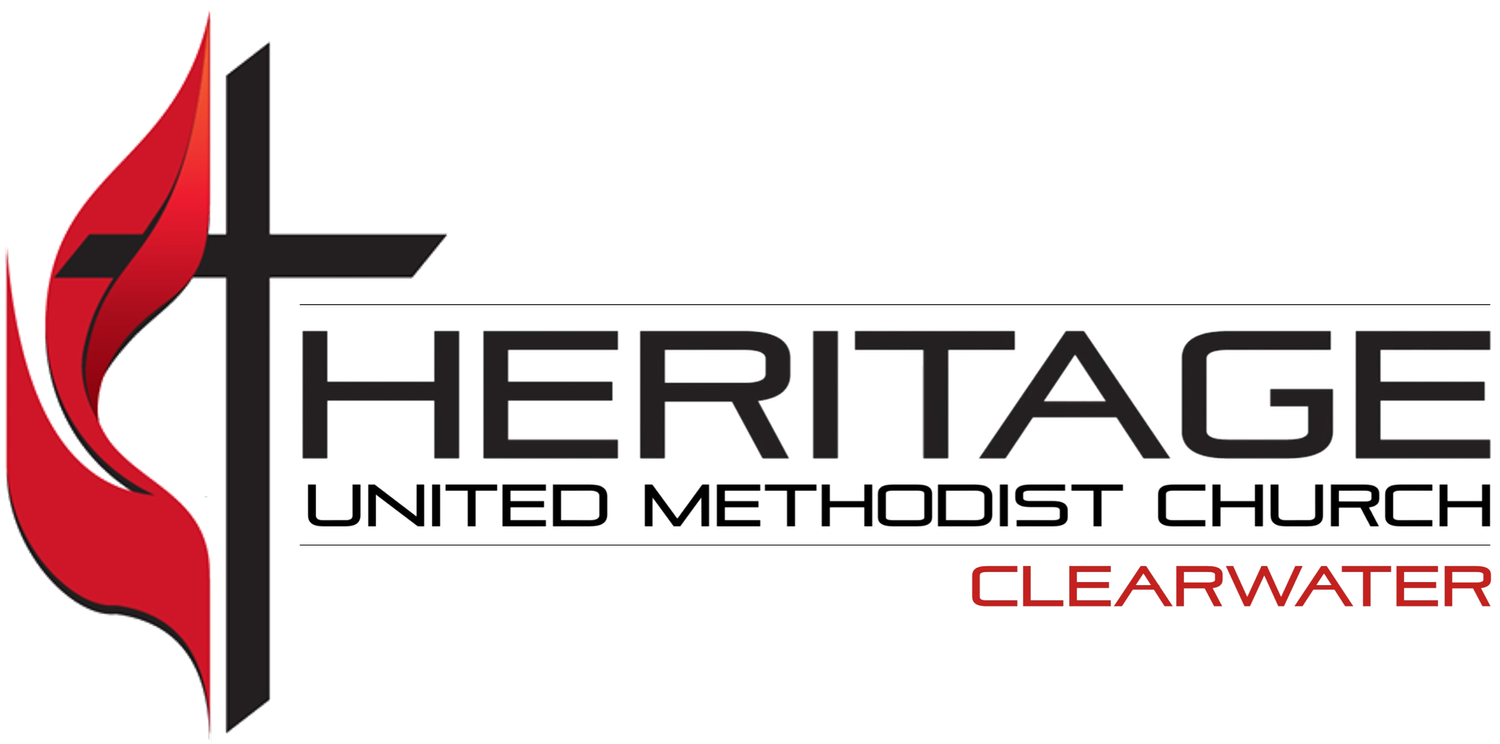Hey, Hey Jude - A Sermon Recap
This Sunday at Heritage, we explored one of the shortest books of the Bible—but one with an unforgettable impact: the Book of Jude. Not only did we learn about Jude, Pastor Matt employed a “Pop Up Video” technique to add extra bits and information to the scripture already on the screen. One of the pop ups include a reference to Ninja Angels, so you should definitely go back and watch the sermon here. But first, finish reading this blog post.
Jude: A Short Letter with a Strong Voice
The Book of Jude is only 25 verses long, but it delivers a bold wake-up call. Jude pleads with believers to “contend for the faith that was once for all entrusted to God’s holy people” (Jude 3). He warns against spiritual complacency and false teaching that creeps in unnoticed. But he doesn’t stop at warnings—he inspires action rooted in love, prayer, and community.
We walked through Jude’s message, uncovering how ancient warnings apply to us today. Jude reminds us that even in a faith-filled congregation like ours, we must stay alert, grounded in Scripture, and connected to one another in truth and grace.
False Teaching and the Heart of Christ
One part of the sermon that really struck me was the caution against false teachers—not just those who distort doctrine, but also those who distort the heart of Christ. In our culture, and even in some churches, people are sometimes pushed toward faith through fear—especially fear of eternal damnation. Pastor Matt referenced his own experience with multiple people that he has encountered in his line of work that have expressed their own guilt at not being able to convince a friend or family member to turn to Christ and now that person has died and are spending eternity in a burning damnation. I was one of those people. I grew up in a denomination that believed that. I grew up praying that the one or two times a year a family member came to church would be the time he responded to the altar call and got saved and, as a 8 or 9 year old child, I was utterly devastated that this loved one was going to burn in the flames of hell because he never responded to the altar call. The fear is paralyzing. As an adult, I found the United Methodist Church, and ultimately, Heritage United Methodist Church, and I believe differently now. We are called to love people, not scare them. I want people to know Jesus because I love them like Jesus, not because I scared them about eternal fire in hell.
As followers of Jesus, we are called to reflect His character, not just recite His words. Jesus didn’t scare people into salvation; He loved them into transformation. Jude’s letter reminds us to uphold truth, yes—but also to do it with mercy and compassion. In verse 22, Jude calls us to “be merciful to those who doubt.” We don’t win people to Christ by shouting threats; we win them by living out grace, integrity, and unconditional love.
This is a vital distinction of United Methodists: truth and love must always walk hand-in-hand. Condemnation may drive people away, but Christlike compassion draws them in.
What This Means for Us at Heritage
As part of the United Methodists—it’s our calling to preserve the truth of Christ while extending mercy to others. We’re not called to be spectators, but participants in protecting and building up the church.
Jude gives us a clear path forward:
Stand firm in biblical truth
Be merciful without compromising
Keep ourselves in God’s love
Pray in the Spirit and wait on God’s mercy
Worship the One who can keep us from falling
A Call to Action
If you’ve ever felt like your faith was slipping or that truth is hard to find in today’s culture, let Jude’s words stir your heart. Don’t wait for someone else to take a stand—you are called to contend for the faith. Start by reading the Book of Jude this week. Then, take one step: join a study group, reach out to someone with questions, or serve in a ministry where truth and mercy are lived out. Stop by the office and borrow a book off of Pastor Matt’s shelves.
Let’s choose to act like Christ: offering love that convicts, truth that liberates, and mercy that welcomes.
Let’s be a church that doesn’t just talk about our faith—but lives it, protects it, and shares it boldly.

